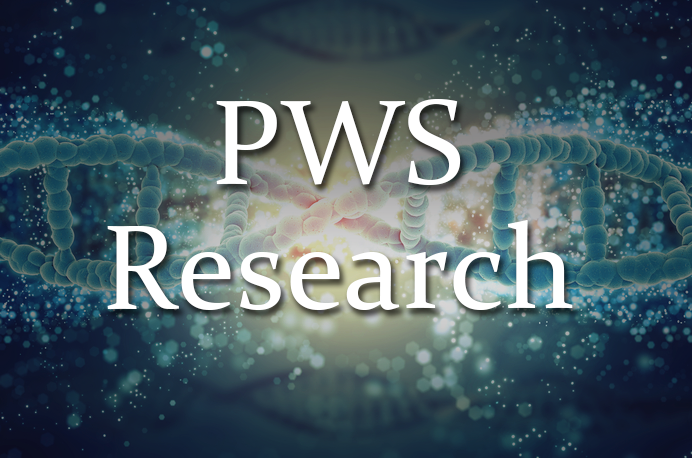Topics: Stories of Hope
In the summer of 1999, Mark Roth and Lauren Schwartz-Roth of Seattle, WA were expecting their first child with great anticipation. However, during the pregnancy, Lauren noticed decreased fetal movement, and when the doctor confirmed that the baby was...
Over 450 excited parents and community members registered for the Clinical Trials Webinar January 19th. Theresa Strong and Jennifer Miller outlined an overview of the drug development process, discussed what you can expect when you participate in a c...
Topics: Research
Zafgen announced in November results of a completed Phase 2 study of their obesity drug, Beloranib, in severely obese patients (non-pws). Findings from the study demonstrated significant weight loss in 147 obese individuals over a 12 weeks of treatme...
Topics: Research
Recent research out of Italy, reported in the Journal of Clinical Endocrinology and Metabolism, highlights the potential benefits of long-term growth hormone (GH) therapy in adults with PWS. The study, involving 15 obese adults with PWS treated with ...
Topics: Research
“Happy 30th Birthday to you, Keegan Johnson, and, by the way, your son has Prader–Willi syndrome!”
Topics: Stories of Hope
By Emma Roth and Lauren Schwartz-Roth, FPWR Board Member Lauren Roth and her daughter, Emma, share their experience of participating in the Oxytocin Clinical Trial at Vanderbilt University. Join this duo through their journey and learn more about the...
Topics: Research
Recently we asked members of our One SMALL Step facebook page to share their reason for hosting a One SMALL Step event. Here are their top ten reasons. Hosting an event is like teaching a school lesson....the one that often learns the most is the tea...
Topics: Research
2014 is starting with a BANG! Several new PWS clinical trials will be beginning around the country will be evaluating potential therapies for PWS for children and adults with PWS. The active involvement of our community will be critical to seeing the...
Topics: Research
Considering the complex neurological basis of PWS, one major hurdle in conducting PWS research is obtaining neurons, i.e. studying neurons without taking brain samples. Pluripotent stem cells are a phenomenal resource as they can be coaxed into becom...
Topics: Research










